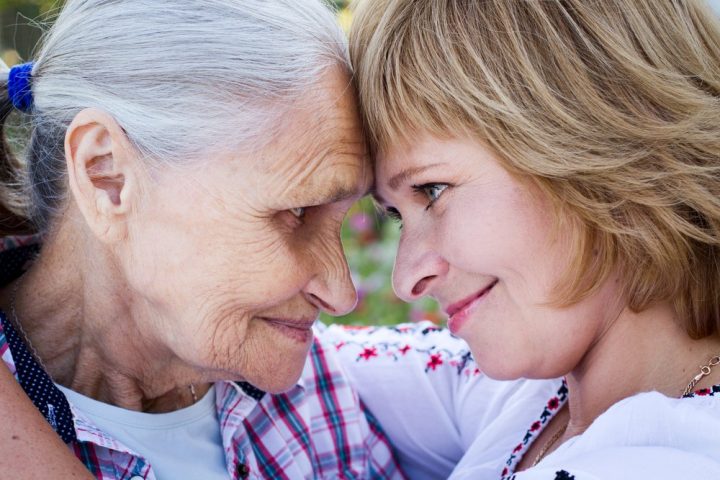This post was originally published on this site
While caregiving for people with Alzheimer’s and other disorders has a significant detrimental impact on caregivers’ immune system, the association is weak — less than 1% — and may not carry clinical significance, a new study shows.
“We’re not saying that family caregiving can’t be stressful, but there’s a notion that it’s so stressful that it causes deteriorating health and increased mortality. This can lead to fear of caregiving and a reluctance to care for loved ones in need,” David Roth, MA, PhD, professor of medicine, and director of the Center on Aging and Health at Johns Hopkins University, and the study’s lead author said in a press release.
“We’re challenging that narrative as being too exaggerated,” he added.
The study, “Is Family Caregiving Associated With Inflammation or Compromised Immunity? A Meta-Analysis,” was published in the journal The Gerontologist.
Several studies in the last decades have reported that being a family caregiver takes a toll on a person’s health, namely on the immune system — with lower levels of several immune system biomarkers and increased inflammation compared with noncaregivers — shorter life span, and slower wound healing.
Caregiving is often presented as stressful and burdensome, with reports showing that caregivers of people with dementia report a higher rate of depression than other groups of caregivers.
However, while caregiving can be stressful, it can also enhance social engagement and bonding. Several studies with people living in both the United States and Europe reported that family caregivers tend to live longer than people without family caregiving responsibilities. Moreover, certain studies suggest that caregiving can help manage stress.
To clarify the link between caregiving responsibilities and caregivers’ health outcomes, John Hopkins researchers performed a systematic review of published studies in three databases — PubMed, Embase, and Cochrane — focusing on caregiving and immunity, specifically in studies measuring the levels of biomarkers for immune system functioning and inflammation.
From an initial pool of 2,582 studies, a total of 30 studies (published between 1987 to 2016) were included in their meta-analysis. During the first stages of the revision, the researchers observed that six of the 30 studies (20%) included 100 or more caregivers. Sixteen studies had fewer than 50 caregivers, with some having as few as 11 or 14 caregivers.
“A lot of these are small exploratory studies that can end up over interpreting what they find,” Roth said.
Moreover, several studies compared caregivers found in clinical settings with other adults from seniors’ centers, churches, or other community organizations.
“These people differ in many factors besides just who is a caregiver,” Roth added. “Many of the so-called controls are healthy, socially active volunteers.”
The majority of caregivers were women (70%) with a mean age 64.8 years. In 15 studies, the caregiver was a spouse, two studies included nonspouse caregivers, and eight studies included both spouses, adult children, and others.
The data reported in these studies included 86 biomarkers collected from 1,848 caregivers and 3,640 noncaregivers, who were used in the studies as controls.
While family caregiving is associated with a statistically significant impact in caregivers’ immune system, mainly in biomarkers rather than inflammation, the association was weak — less than 1% — and of questionable clinical significance.
“Caregivers had small but significantly reduced immune system functioning and greater inflammation than noncaregivers, but associations were generally weak and of questionable clinical significance,” the researchers wrote.
Overall, the researchers believe that these findings show caregiving is not an established risk for compromised physical health, and hope that more people are encouraged to take on caregiving roles.
“It’s not that we didn’t find anything, but it’s a whisper of an effect, not nearly as large as what people have been led to believe,” Roth said. “Caregiving, if done right, can actually be an extremely beneficial, healthy activity that enhances your life because you’re engaging in pro-social behavior.”
The team is currently preforming a large population-based study with matched controls and more frequent analysis of biomarkers to get a more detailed understanding of a potential link between caregiving and the immune system.
The post Toll of Family Caregiving on Health is Much Smaller Than Previously Reported, Study Suggests appeared first on Alzheimer’s News Today.
The post Toll of Family Caregiving on Health is Much Smaller Than Previously Reported, Study Suggests appeared first on BioNewsFeeds.


